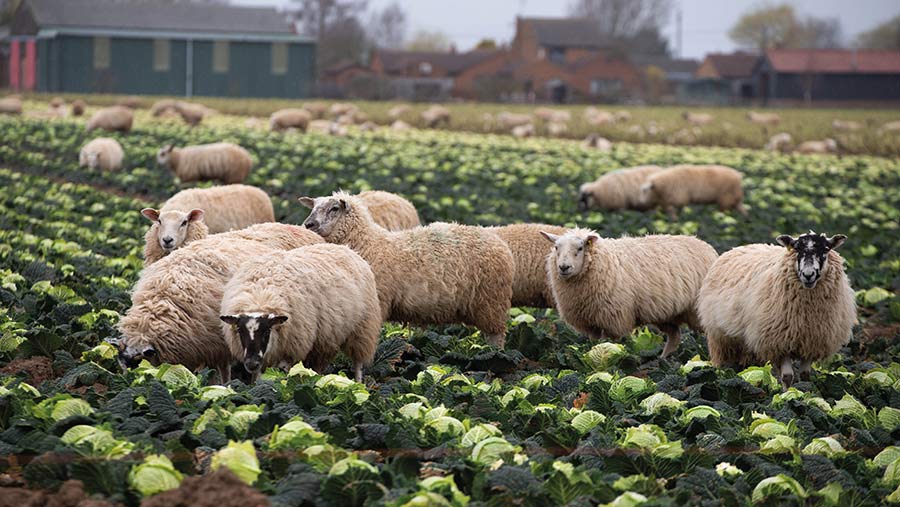Opportunities are there for new entrants, says minister
 © Tim Scrivener
© Tim Scrivener Increased moves to spring cropping and winter cover crops provides great opportunities for new entrants to break into farming, without the need for direct financial support from government, according to Defra farming minister Mark Spencer.
Speaking to Farmers Weekly after a special roundtable event with new entrants and land-based colleges in London this week, Mr Spencer said he was “inspired” by some of the talented and enthusiastic young people hoping to forge a career in agriculture.
See also: Support for young farmers around the world
But, while he was happy for government to encourage banks to provide access to finance and ensure investment grants were accessible to new entrants, he shied away from more targeted payments – as occur in some EU countries – to get people on the farming ladder.
“We don’t want to skew the marketplace,” Mr Spencer said, instead praising those people who break into farming by harnessing their “entrepreneurial spirit”.
“The best example is people setting up flying flocks,” he said. “The push towards spring cropping and over-wintered cover crops is going to increase the opportunity for people to run flying flocks, to hoover up some of those cover crops.
“That seems to be the fashionable way. In the past it has been free-range poultry or free-range pigs.”
Profits
As well as “greasing the wheels” for entrepreneurial people to get involved in farming, Mr Spencer stressed the need for farming to be profitable to attract new entrants.
“It is vital we put the support in place to build a sustainable, productive and profitable future for farming so we strengthen the resilience of our environment, businesses and communities while improving the prosperity of the sector for every generation to come,” he said.
This point was not lost on one roundtable attendee, Flavian Obiero – also known as the Kenyan Pig Farmer – who tweeted after the meeting that, as well as various support schemes and better access to land for new entrants, the sector needed to be profitable.
“If people are coming into an industry that loses money, what is the point?” he asked. That meant addressing supply chain fairness, paying farmers more than the cost of production, and ensuring imports matched UK standards.
Summary of my thoughts from today's meeting with @Mark_Spencer
As much as I didn't want to attend this meeting (my trust for gov is little to non existent), I needed to say my piece. Afterall, how can I complain about them if I refuse to engage ??♂️ #farming pic.twitter.com/ODE4IgYqEA— Flavian Obiero ?? (@kenyanpigfarmer) April 26, 2023

